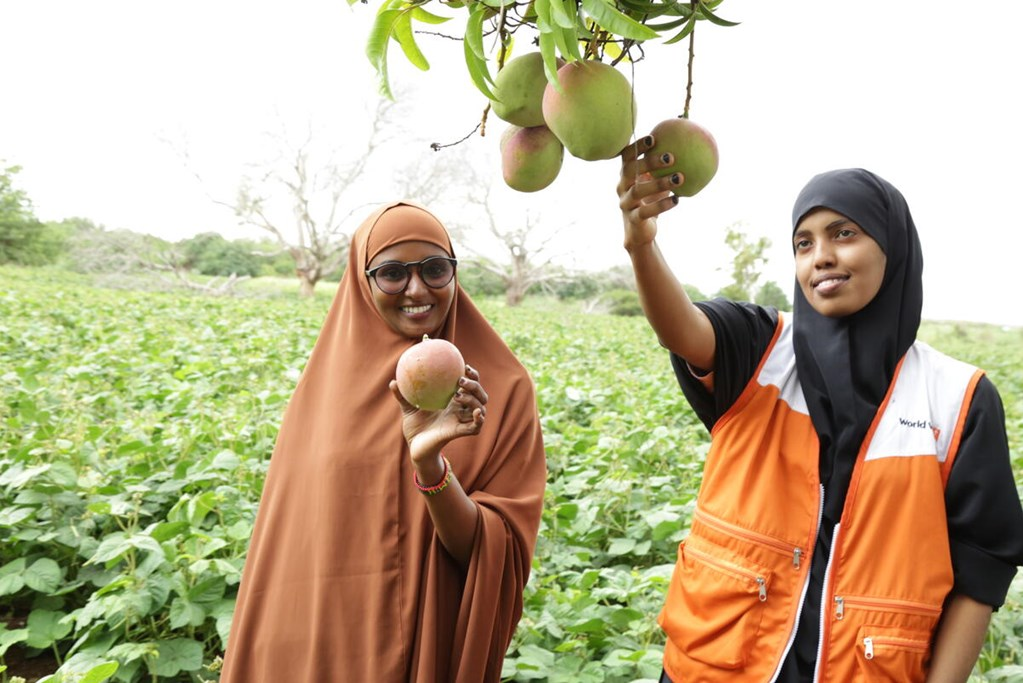
In Kenya, the future of farming is female
In Kenya, the future of farming is female
“The climate has changed, so our lives need to change too.”
These are the words of Ubah, the leader of a group of mothers in Garissa County, Kenya
Like many of us, she is seeing the effects of climate change first hand. From hotter days to flooding to drought, it feels like she can’t catch a break.
But in Eastern Kenya, where Ubah lives, the ripple effect of a changing climate is reaching well beyond the realm of weird weather. It’s already upending entire livelihoods and taking with it a way of living that’s as old as the community itself.
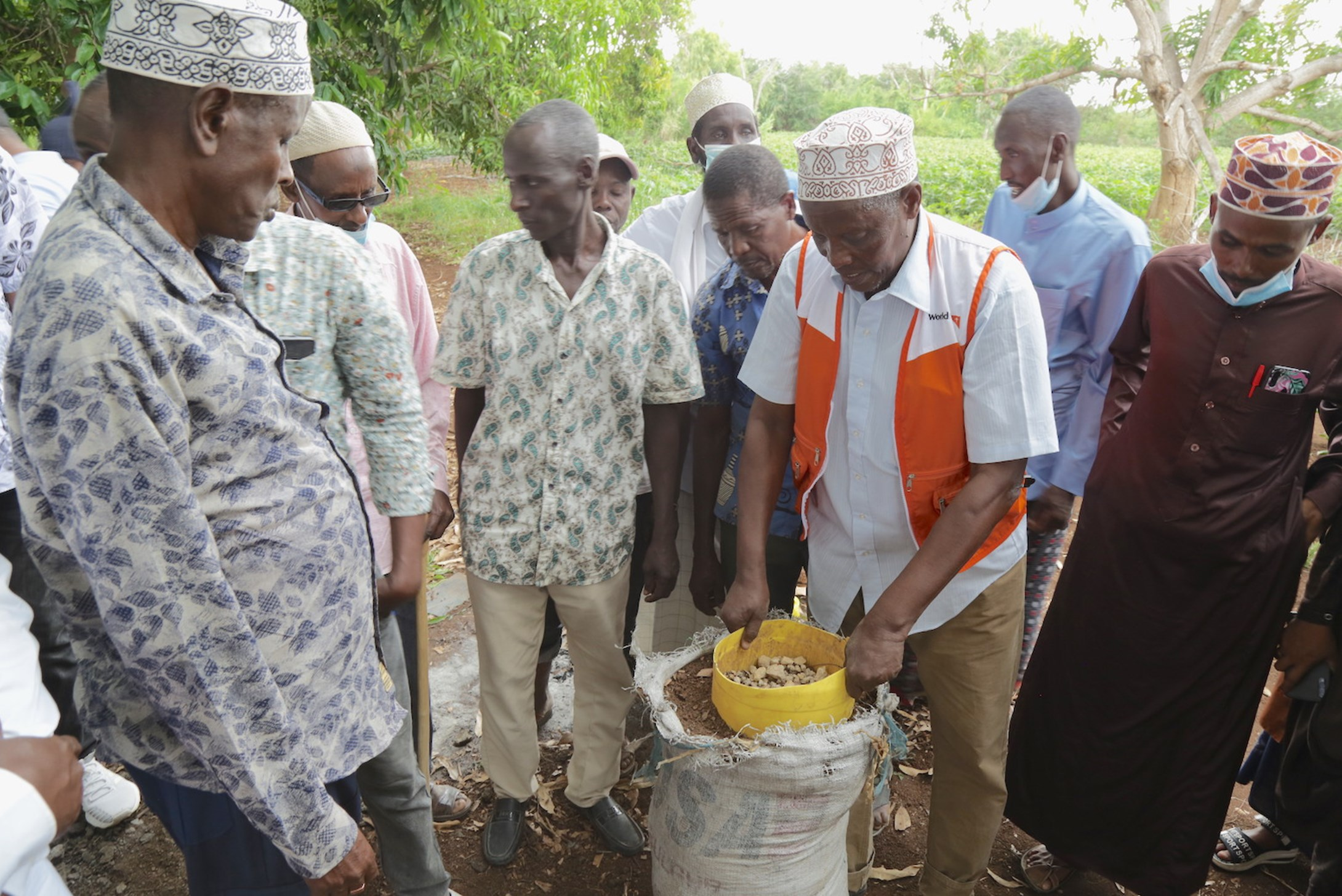
For as long as Ubah can remember, the people in her village were pastoralists. They migrated with their livestock, herding them over hundreds of kilometers before selling them in markets and bringing back the income to their families.
The arid conditions of East Africa are nothing new, but this year was different. A drought so severe has left many of their animals dead, while at the same time formal markets shut down due to the pandemic. The burden this places on pastoralists is immense.
Without livestock, Ubah’s community’s food source was literally cut off. People were starving and children suffered from malnutrition.
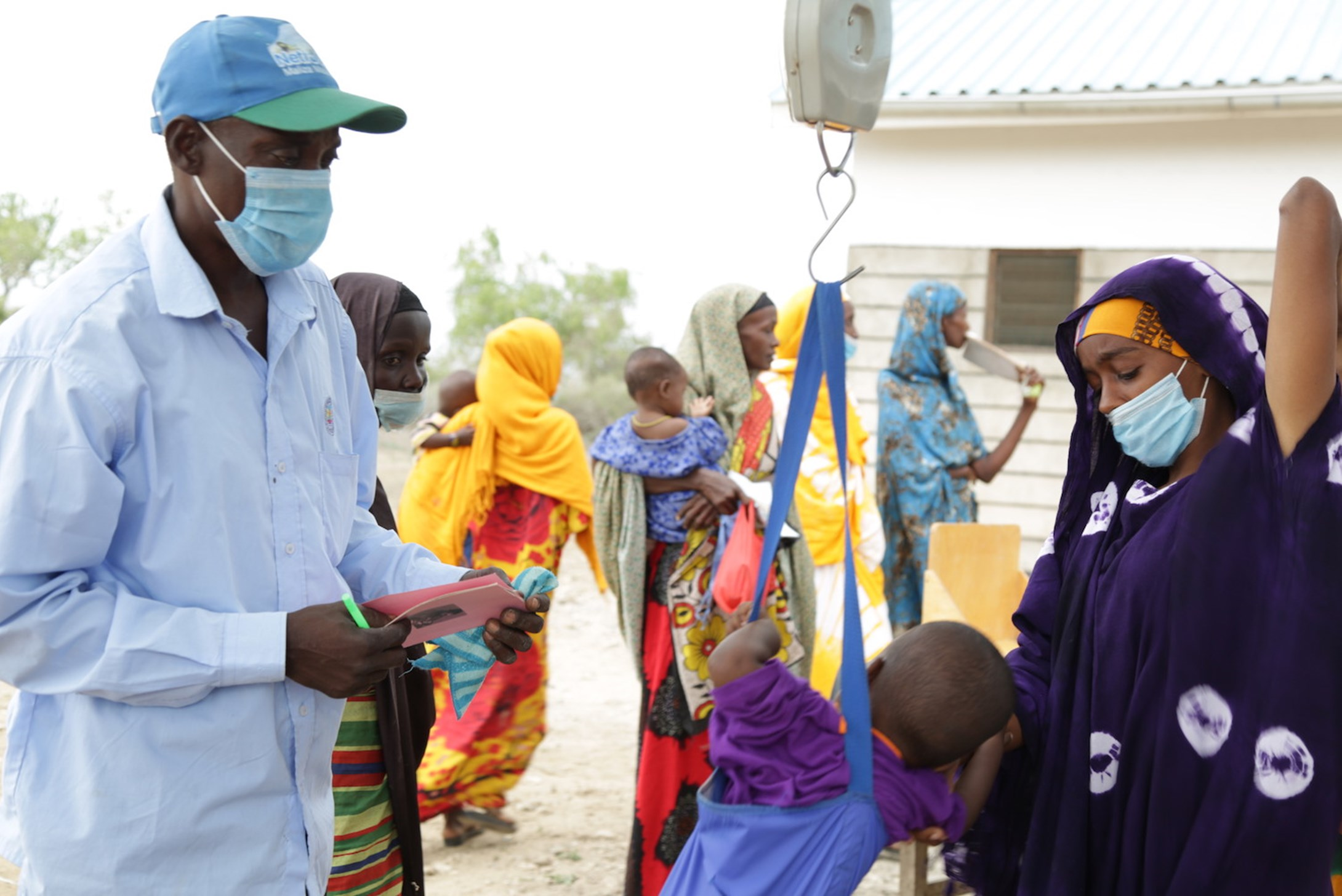
The fatal combination of a changing climate and a pandemic meant the community had to adapt. And in 2021 they did.
They turned to the people who knew the community and it’s children’s needs the most. The people in the community who were sometimes overlooked before: Women.
Together they adopted the Farmer Managed Natural Regeneration (”FMNR”) model — a system which helps restore the soil structure and fertility, rehabilitate the water table, and increase biodiversity.
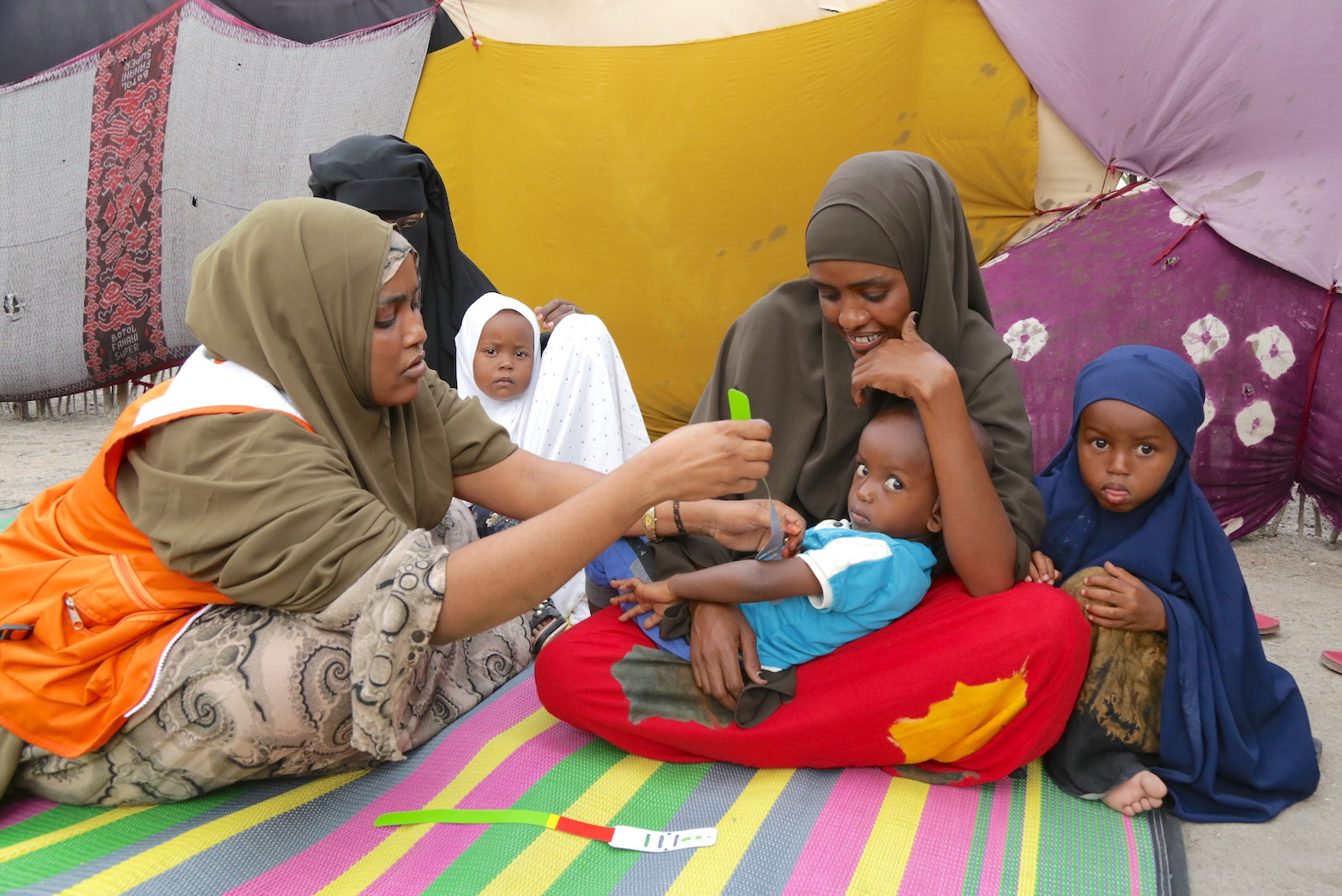
They then set up ‘Masalani’, mother-to-mother support groups for farming where women were provided seeds to create kitchen gardens, and placed at the forefront of solving hunger in their community. And Ubah led the charge.
“By practicing farming, my family doesn’t have to keep migrating all the time in search of pasture and food,” says Ubah. “We now have all we need here at home.”
Throughout this transition, World Vision checked in regularly, remaining flexible to the community’s needs and changing conditions. When malnutrition levels began to rise again, investments were made in ‘Plumpy Nut’, a nutritional supplement designed to promote rapid weight gain through the intake of a broad spectrum of nutrients — specifically designed to save children on the cusp of illness or death. This kept children alive while crops grew.

“The water allows us to grow food crops and even fodder which keeps our animals healthy all year round,” says Ubah. “Because of this, we live in harmony with neighbouring communities that we previously fought with, while scrambling for the limited pasture land in the area.”
All this is made possible because of World Vision donors. Together we have made incredible strides against hunger over the years. However, right now in many places those hard won gains are slipping. The impact of the last two years has pushed 45 million people to the edge of starvation. Farming interventions, like what Ubah received, can help stop hunger in its tracks. Consider donating today.
Related articles
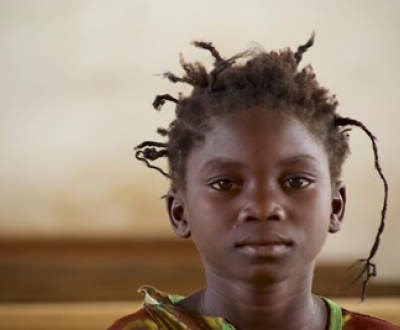
An impossible choice: hunger or conflict
Displaced children like Melvina are forced to go without food, as their parents can’t afford it.
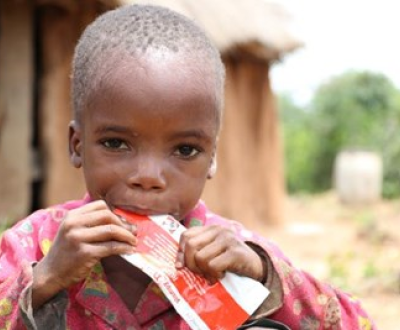
Hunger Crisis
We are responding to the massive hunger crisis threatening the lives of more than 41 million people.
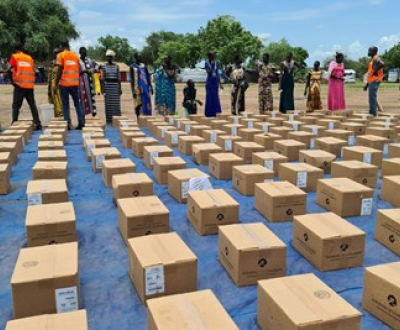
VitaMeal keeps children safe from malnutrition
VitaMeal food supplement is helping improve the nutrition of children and families in South Sudan.